-
Login
Login
Specialty Metals Amendment
The Specialty Metals Amendment reflects the recognition by Congress that specialty metals are unique, long lead-time materials that are critical to national security, and that the U.S. must maintain a reliable domestic source of those materials to ensure a vibrant defense industrial base.

Introduction
First enacted in 1973, the Specialty Metals Amendment is a domestic sourcing requirement which prohibits the acquisition for defense purposes of specialty metals that are not melted or produced in the United States or certain “qualifying countries” with which the United States maintains government-to government defense cooperative agreements. Historically, the Department of Defense has interpreted the Specialty Metals Amendment to require that the metal be melted in the United States or a qualifying country to be compliant with the domestic sourcing restriction.
The Specialty Metals Amendment reflects the recognition by Congress that specialty metals are unique, long lead-time materials that are critical to national security, and that the U.S. must maintain a reliable domestic source of those materials to ensure a vibrant defense industrial base.
Key Elements
The Specialty Metals Amendment is implemented in various provisions of the Defense Federal Acquisition Regulations (DFARS). The law requires that a primary contractor flow down the domestic sourcing requirement to its subcontractors or vendors. The actual requirement appears in the “Restriction on the Acquisition of Specialty Metals” or the “Restriction on the Acquisition of Certain Products Containing Specialty Metals.” DFARS §252.225-7008-7009.
Specialty metals producers may receive notice of these provisions in purchase orders or requests for quotes from their customers in connection with defense purchases and may be asked to certify “DFARS Compliance” with these requirements.
The key elements of the requirements are as follows:
1. Definition. Specialty Metals include:
Steel — (A) With a maximum alloy content exceeding one or more of the following limits: manganese, 1.65 percent; silicon, 0.60 percent; or copper, 0.60 percent; or (B) containing more than 0.25 percent of any of the following elements: aluminum, chromium, cobalt, molybdenum, nickel, niobium (columbium), titanium, tungsten, or vanadium.
Metal alloys consisting of — (A) Nickel or iron-nickel alloys that contain a total of alloying metals other than nickel and iron in excess of 10 percent; or (B) Cobalt alloys that contain a total of alloying metals other than cobalt and iron in excess of 10 percent;
Titanium and titanium alloys; or
Zirconium and zirconium alloys.
Specialty steels, including stainless steels, electrical steels, alloys steels and nickel-based superalloys are all considered specialty metals and are covered by the domestic sourcing requirement.
2. End Items Covered
The domestic sourcing requirement extends to specialty metals purchased directly by the Department of Defense (DoD) or by a DoD prime contractor. The requirement also extends to end items, or components, containing a specialty metal not melted or produced in the United States. End items covered by the requirement include: aircraft, missile and space systems, ships, tank and automotive items, weapons systems or ammunition.
3. Exceptions
There are certain exceptions to the specialty metals domestic sourcing requirement. The key exceptions include the following: (1) waiver for national security purposes; (2) compliant metals are not available in satisfactory quality and sufficient quantity in the required form; (3) acquisitions outside the U.S. in support of combat or contingency operations; (4) small purchases; (5) commercial-off-the-shelf items; (6) electrical components. As previously noted, products melted in certain qualifying countries with which the U.S. maintains government-to-government defense cooperative agreements are considered compliant with the requirement.
* * * *
Domestic specialty metals producers, in recognition of the legal obligations of its customers to comply with these important DoD provisions, regularly supply “DFARS Compliant” specialty metals for defense purposes. They will also certify that those products meet the statutory and regulatory provisions implementing the Specialty Metals Amendment, including either the domestic melting requirement or a recognized statutory exception.
Congress and the Department of Defense have repeatedly underscored that the domestic sourcing requirement for specialty metals must be faithfully adhered to. The Department of Defense has increased its enforcement of this provision where it uncovers evidence of non-compliance, and has penalized contractors that violate the restrictions through the assessment of penalties or the rejection of their products.
